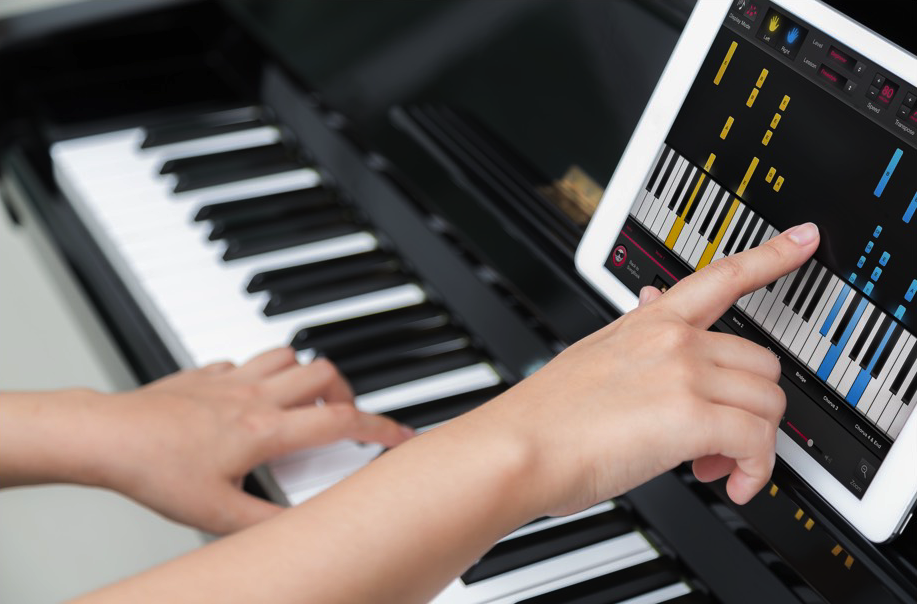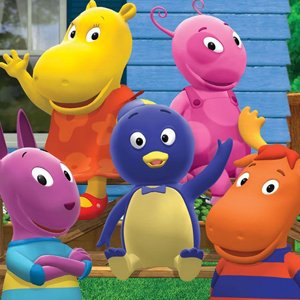Raise your hand if you’re a 20-something (or older), have always wanted to learn the piano, but never really had a chance nor found the time? I’ll admit, I am guilty of this. But guess what? Regardless of how old you are, it’s never too late to start learning those piano chords! As Antoine de Saint-Exupéry once said, “The time for action is now. It’s never too late to do something.” If you learned the piano at an early age, then kudos to you! But if not, then so what if you’re older? If you really want to learn, then, as Shia Labeouf once said, “Just do it!”.
Here’s why:
1. A New Hobby
Chances are you have a busy life. You work, study, have a personal life with lots of responsibilities, or perhaps have some combination of the above. Whatever it may be, sometimes it seems like there’s not enough relaxation time in the day. That’s why it’s necessary to make time for little things you look forward to – in other words, a hobby. Why not start with the piano? Playing “Für Elise” sounds like a nice way to wind down after a long day. Yes, it will take lots of practice and persistence, but it’ll be fun! If it’s something you’ve always wanted to do, then there’s no use in delaying it.
Hobbies are good for you. They’re known to increase creativity. And that creativity will transfer when you’re at your job, which will only help you succeed because its a necessity in today’s professional world. Plus, when you’re in an interview and someone asks what you do for fun, you’ve got yourself a fascinating story that will let your persona shine. Confidence is another thing that a hobby can bring you. If you’re challenging yourself and are investing so much time into learning something new, chances are you’ll feel an overwhelming sense of pride. That way, you’ll be ready when you start learning new things at work. It can also help people socialize and feel less stressed, which will be discussed later in this post. [3]

2. Where to start? There are so, so many options!
The fact that there are loads of options is a great thing! That way, you can figure out what form of learning works best for you. If you were to learn as a child, your parents would’ve most likely spoken to a teacher and set you up with private lessons, or enrolled you in a class. However, that method doesn’t work for everyone. Thanks to the internet, we can now learn how to teach ourselves with websites such as this one, onlinepianist.com. You can learn some piano chords, watch video tutorials on how to play your favorite songs (with the super-ability of controlling the speed), download sheet music, and then practice on your very own piano! Experiment with different resources and learn what works best for you.
Here’s some inspiration from a piano teacher who talks about success stories of people who learned piano later in life. All you have to do is put hard work and dedication into it!
3. Piano Chords Bring Awesome Psychological Effects!
Playing the piano, especially at a later age, is good for the brain. Some of the many things it can do are: spark creativity, inspire happiness, and boost memory.
It can spark creativity.
According to Lucy Parham, a famous concert pianist who taught Alan Rusbridger, the former chief editor of The Guardian, how to play the piano, “‘… the piano is your friend; it’s always there. That gathers more significance as you get older: what you can express through it, in a personal language, becomes incredibly important.’” After all, the piano was invented because there was a desire for more creativity and expression in music. So, it makes sense that it makes people more creative. And with a busy life, playing the piano provides some time to think, be creative, and put your own spin on songs. And who knows? Maybe this can even inspire you to do something else great!
Samuel West, a British actor and director, recently regained his interest in piano-playing after 30 years, and bought himself a piano to start anew. He said, “‘As an adult you’re much more knowledgeable about your own moods, so it becomes much more possible to use music as a way to express yourself. If I have a little piece I can play, I can listen to myself better, I can express myself better. That’s entirely a function of being older, and that’s a joy.’”
Still not convinced? Studies have shown that “images of pianists’ brains highlighted areas that seemed to underpin their musical creativity.” And this was also connected to improvisation. So the more you add your own personal touch to your favorite songs, the better it gets. The benefits just keep piling up!

Yes, the adult brain can still learn! And it may actually be easier.
The music may be centuries-old and complex, but despite popular opinion, adults can still learn and memorize this information. In fact, the idea of brain plasticity even says that “the brain is capable of learning new things at any point in our entire lives.” While neural connections don’t form as fast as they used to for adults (meaning that we don’t learn as quickly), it’s easier for adults to learn and understand “abstract concepts like notation and translate them into hand movements … You learn much faster by understanding, not by relying on trial and error.” So in the end, it all evens out. [5]

It can inspire happiness and help destress.
One of Lucy Parham’s students is “a banker, who travels constantly for his job but is learning a fiendishly difficult Schubert sonata. ‘Instead of reading endless emails on the plane, he’s downloaded the score onto his iPad and he studies that,’ she says. ‘He loves it.’” Also, “on the mornings, [Rusbridger] plays before heading into the office, he notices an increased zing and focus for the rest of the day. ‘With other people it’s yoga or a run or a burst in the gym. Twenty minutes on the piano has the same effect for me. Once it’s in the bank I’m ready for more or less anything the day can throw at me. Without it, things are harder.’” [2]

Plus, think about how gratifying is to know that you’re achieving a major goal – learning to play the piano! You’ll play those piano chords in front of your friends and family, hear them applaud you at your progress, and feel accomplished and satisfied. When you play piano, you get lost in your emotions, express yourself, and relax – all at the same time! So of course it’ll help take a load off your shoulders after a long day, making you feel rejuvenated and less stressed.
If you’re interested in learning more of the cool benefits playing piano has on the brain, check out this previous blog post!
According to the video, “Playing music is the brain’s equivalent of a full body workout.” It sure is!
4. Community
Last but not least, it is essential that you are not alone in this new journey. It can help bring a sense of community and belonging to your life (i.e.: meeting other adults who also want to learn). You may even be able to join a larger group of like-minded individuals. Some cities provide piano classes for adults that are on the evenings and weekends so that they can fit any busy schedule. Many universities also have programs that teach people from all ages how to play the piano. For example, check this out.

And that concludes this list. If you were considering learning the piano, hopefully you found this helpful and are now on your merry way to making a positive change in your life. Now, let the zebra-striped keys whisk you away to betterness.
Sources:
[1] How Should An Adult Beginner Start Learning Piano?
[2] Adult Piano Lessons: Never Too Late to Learn?
[3] 5 Reasons Why Everyone Should Have a Hobby
[4] Scientists Shed Light on Creativity by Studying Pianists’ Brain Activity
[5] Learning to Play the Piano as an Adult
[6] How Does Playing the Piano Make You Smarter?
















2 comments
Ime 84 in July started learning piano just a year ago. Just do it. Only you can explore yourself
It’s never to late to do anything. Just do as your heart tells you to do. Including playing the piano 🙂